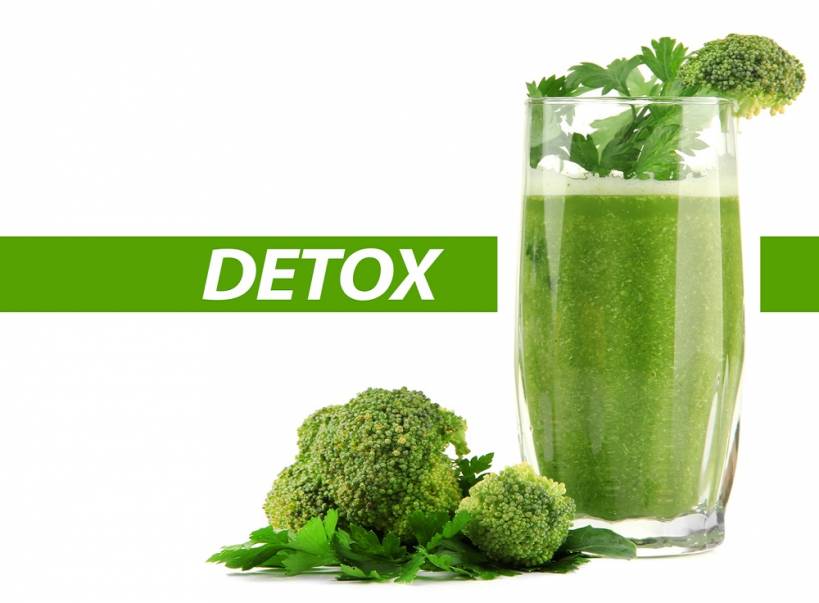The theory is detoxification diets simply remove harmful toxins from your body. Advocates in this field say that detoxing can have marvelous effects on the body. Glowing skin, increased energy levels, and weight loss are some of the health benefits that could be achieved during detox diets. Most often you […]
The Chinese and Japanese swear by its medicinal benefits. That’s why they consume it by the gallons throughout their lifetime. Their extended lifespan, usually free from debilitating diseases may well prove their claim. Western research is catching up to validate what these cultures have known all along: that this most […]
A healthy detox diet isn’t necessarily about losing weight. We often think of dieting as something to get slimmer, but dieting has other uses. Some use it to control diabetes, and some follow a diet that is gluten free because they can not tolerate eating it. Some diets are meant to […]
The Therapeutic Lifestyle Changes Diet, aka The TLC diet, is a diet regimen that was designed to reduce the occurrence of cardiovascular disease. Endorsed by the American Heart Association, the TLC diet focuses on low fat, limiting saturated fat found in many of the foods we consume today. For an […]
Depression is one of the common andropause symptoms and is not gender specific! It can, and does, affect both men and women equally. Depression has a dark side, particularly for men. According to the World Health Organization, just over 796,000 people committed suicide globally in 2018. This figure doesn’t include […]
A juice detox diet is an eating plan designed for those who are interested in performing detoxification for the first time. Although drinking juices is the main element of the detoxification process, the person is only allowed to eat limited amount of foods that are introduced few days after the […]
Take a leaf out of the Chris Hemsworth weight loss tips and healthy eating routine and follow a few simple guidelines for a healthy balanced diet: Prepare in advance – plan ahead and work out what you’re going to eat for the forthcoming week. Research your choices if necessary, write […]
Best known for his role as Chief Hopper in the hit Netflix series “Stranger Things,” star David Harbour is an actor who commands attention. His weight loss transformation in recent years has sparked significant interest. We will dive deep into the details of his slimming journey. The Inspiring Story of […]
Billy Gardell’s Remarkable Weight Loss: A Tale of Transformation Introduction: A Journey of Resilience and Dedication Billy Gardell, a celebrated actor and comedian, has inspired many with his weight loss journey. Known for his roles in “Mike & Molly” and “Bob Hearts Abishola,” Gardell transformed his life by losing 150 […]
John Goodman got slimmer! A significantly slimmer John Goodman displayed his trim physique at a recent appearance at the Monte-Carlo Television Festival in Monaco. The 70-year-old actor, known for his role in The Righteous Gemstones, attended the event on Sunday, June 18 2023, where he took on the role of […]
Scarcity of the Weight-Loss Medications Ozempic and Wegovy The active ingredient semaglutide, found in the weight-loss medications Ozempic and Wegovy, is currently facing a supply crisis. This problem stems from a surge in demand, which has overwhelmed the production capabilities of Novo Nordisk, the producer of these drugs. Specifically, Novo […]
Something equally as important as knowing how many total calories you require for your goal, is your fat loss or muscle building nutrition ratio – In other words, what those calories consist of. Now that you know how many calories that you need to eat in total to reach your […]



















